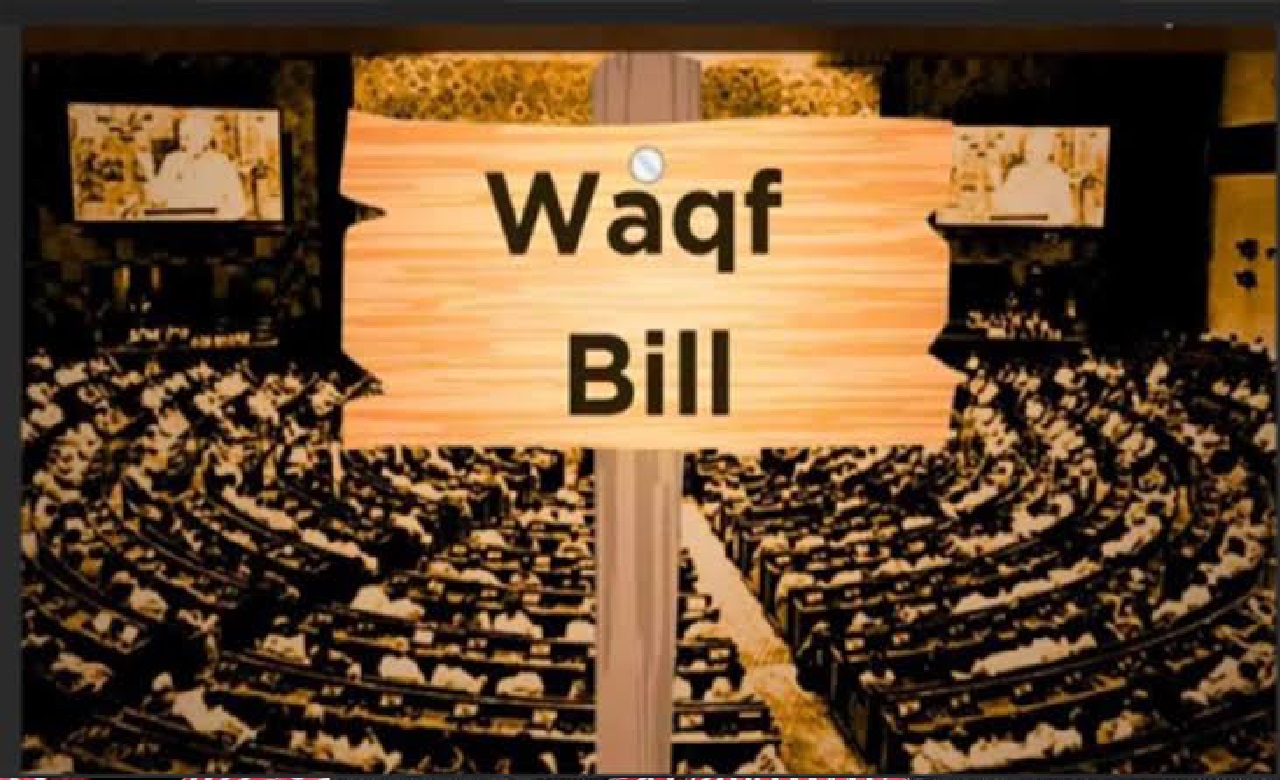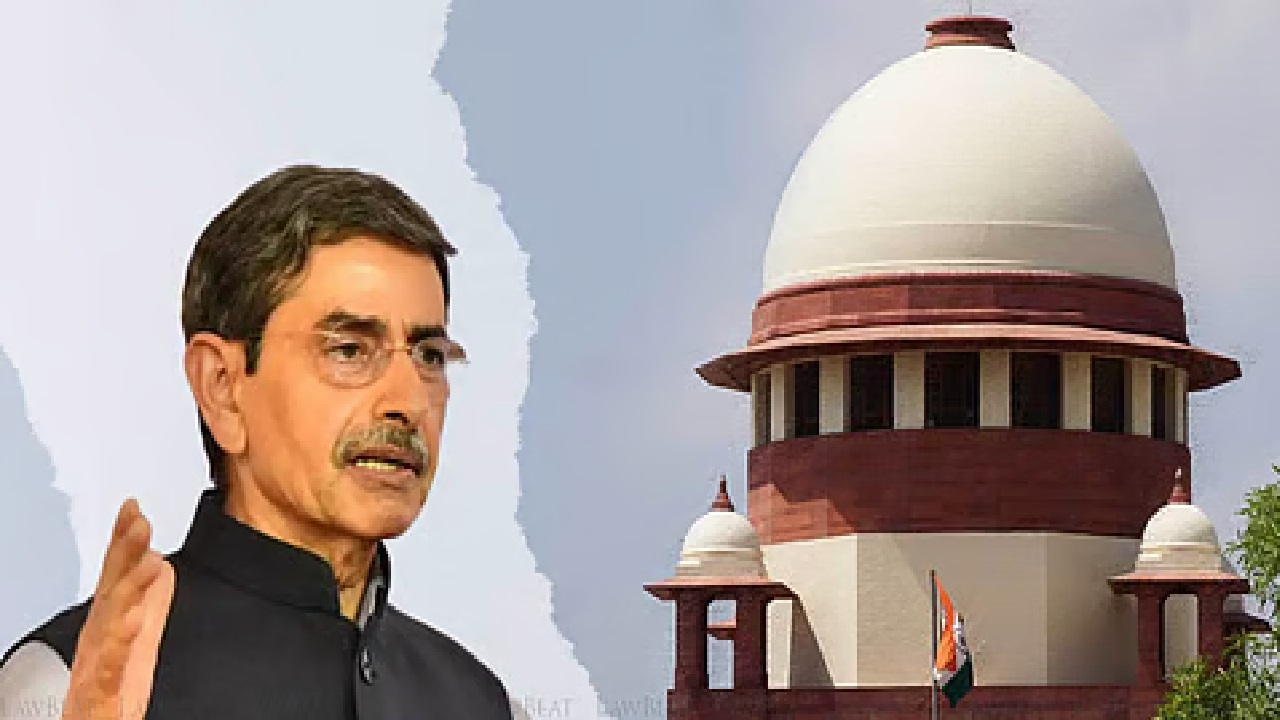The Controversy Surrounding the Waqf Amendment Bill
The Waqf Amendment Bill, 2025, has been a focal point of intense political debate in India. Aimed at amending the Waqfmanish Act of 1995, the bill seeks to enhance the transparency, efficiency, and administration of Waqf properties. While the ruling BJP and its allies argue that the bill will streamline Waqf board operations, the opposition, led by the INDIA bloc, has vehemently opposed it, claiming that it threatens the rights of the Muslim community.
In an unexpected turn, the Biju Janata Dal (BJD), which had initially remained ambiguous on its stance, made a sudden reversal in the Rajya Sabha, stating that no party whip would be issued to its members, allowing them to vote based on their conscience.
BJD and the Numbers Game: A Strategic Shift
BJD MP Sasmit Patra addressed the party’s stance on social media, reaffirming the party’s commitment to secularism and inclusivity. His post on X (formerly Twitter) read:
“The Biju Janata Dal has always upheld the principles of secularism and inclusivity, ensuring the rights of all communities. We deeply respect the diverse sentiments expressed by different sections of the Minority communities regarding the Waqf (Amendment) Bill, 2024. Our Party, having taken these views into careful consideration, has entrusted our Hon’ble Members in the Rajya Sabha with the responsibility of exercising their conscience in the best interest of justice, harmony, and the rights of all communities, should the Bill come up for voting. There is no Party Whip.”
This move was seen as a strategic decision, allowing BJD MPs flexibility while also avoiding direct confrontation with either the ruling BJP or the opposition. With 9 seats in the Rajya Sabha, BJD’s decision carried weight, potentially affecting the final vote count.
The Passage of the Waqf Amendment Bill in Lok Sabha
On April 2, 2025, after a heated debate that extended beyond midnight, the Lok Sabha passed the Waqf Amendment Bill with a vote count of 288-232. The INDIA bloc fiercely opposed the bill, while BJP and its allies defended it, asserting that the reforms would bring much-needed accountability to Waqf boards.
The government had introduced the revised bill after incorporating recommendations from the Joint Parliamentary Committee (JPC), which had been reviewing the proposed amendments since August 2024. Union Parliamentary Affairs Minister Kiren Rijiju emphasized that the bill was aimed at improving the registration process, digital record-keeping, and management of Waqf properties, rather than interfering with religious matters.
Government’s Defense and the Bill in Rajya Sabha
When the Waqf Amendment Bill was tabled in the Rajya Sabha, Minority Affairs Minister Kiren Rijiju refuted opposition claims that the bill sought to strip Muslims of their rights. He stressed that the amendments were meant to increase transparency and improve governance within Waqf institutions. Rijiju further clarified that only a Muslim could become a ‘Waqif’ (donor of Waqf properties), dispelling fears that non-Muslims would take control of Waqf assets.
Despite opposition MPs donning black as a mark of protest, the government remained firm on its stance. Rijiju even announced that the bill would be renamed UMEED (Unified Waqf Management Empowerment Efficiency and Development) Bill to emphasize its progressive vision.
Final Passage: The Bill Clears Rajya Sabha
In the early hours of April 5, 2025, the Rajya Sabha passed the Waqf Amendment Bill with a vote count of 128-95. The numbers indicated that some independent and regional party members had backed the bill, while the opposition stood firm in its resistance.
Rajya Sabha Chairman Jagdeep Dhankhar announced the results, officially declaring the bill passed after yet another intense session. Rijiju, in his concluding remarks, criticized opposition parties for allegedly misleading the public and reiterated that the bill aimed to benefit millions from the Muslim community by streamlining Waqf property management.
Impact on Minorities: A New Era or Rising Concerns?
With the bill now passed, its impact on India’s Muslim community remains a point of debate. Supporters argue that the reforms will modernize Waqf boards, reducing corruption and enhancing efficiency in managing Waqf properties. By integrating technology and improving registration processes, the bill is expected to bring greater accountability to Waqf institutions.
However, critics fear that the amendments could lead to increased government oversight over religious endowments, potentially diluting the autonomy of Waqf boards. Opposition leaders and various Muslim organizations have raised concerns that these changes might pave the way for the government to exert control over Waqf properties, limiting the role of community leaders in their management.
BJD’s last-minute decision to allow its MPs a free vote reflects the delicate balance regional parties must maintain in national politics, especially on issues concerning minority rights and secular governance.
A Bill That Redefines Waqf Governance
The passage of the Waqf Amendment Bill, 2025, represents a landmark moment in Indian legislative history. Whether seen as a progressive reform or a contentious shift in religious governance, its impact will be felt for years to come.
For the Muslim community, the bill introduces a new phase of Waqf property management, one that could either empower institutions or raise concerns about government intervention. Meanwhile, political parties, especially regional ones like BJD, will continue to navigate the fine line between political strategy and ideological commitment as they position themselves on sensitive issues.
As the bill becomes law, the true test will lie in its implementation and reception within the minority community. The coming months will determine whether UMEED truly delivers hope or raises new challenges for Waqf institutions in India.
(With agency inputs)








